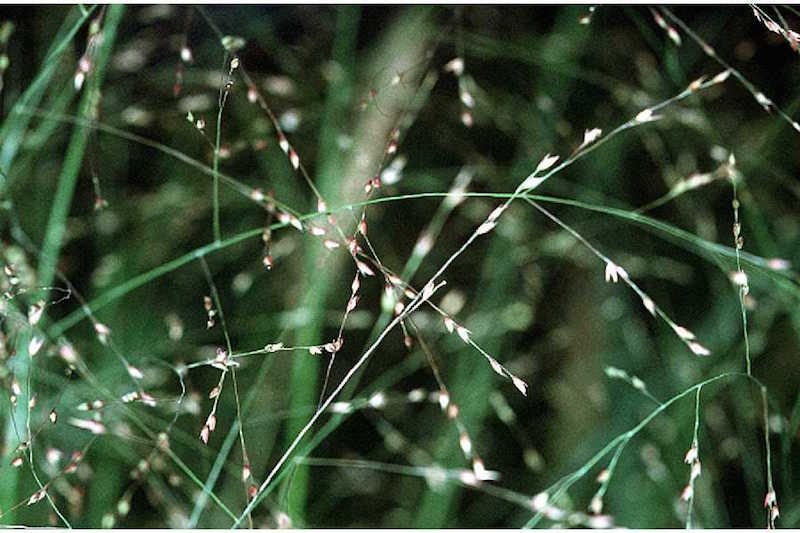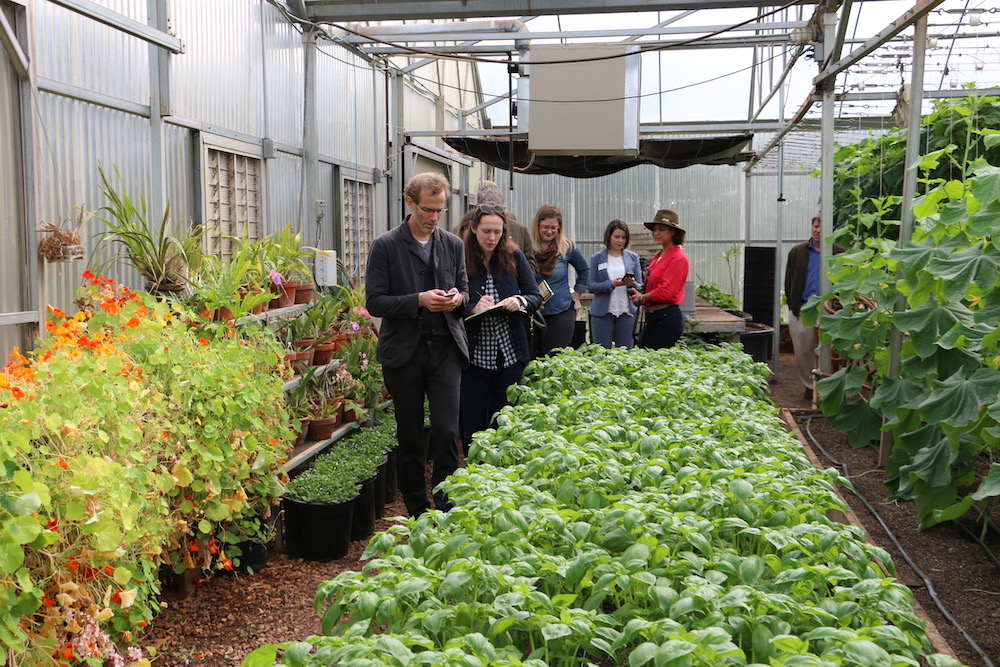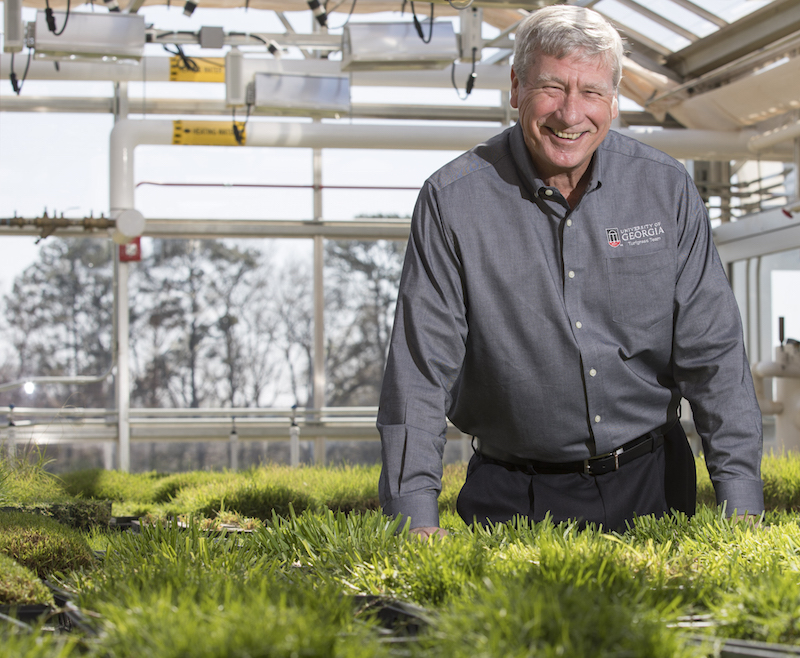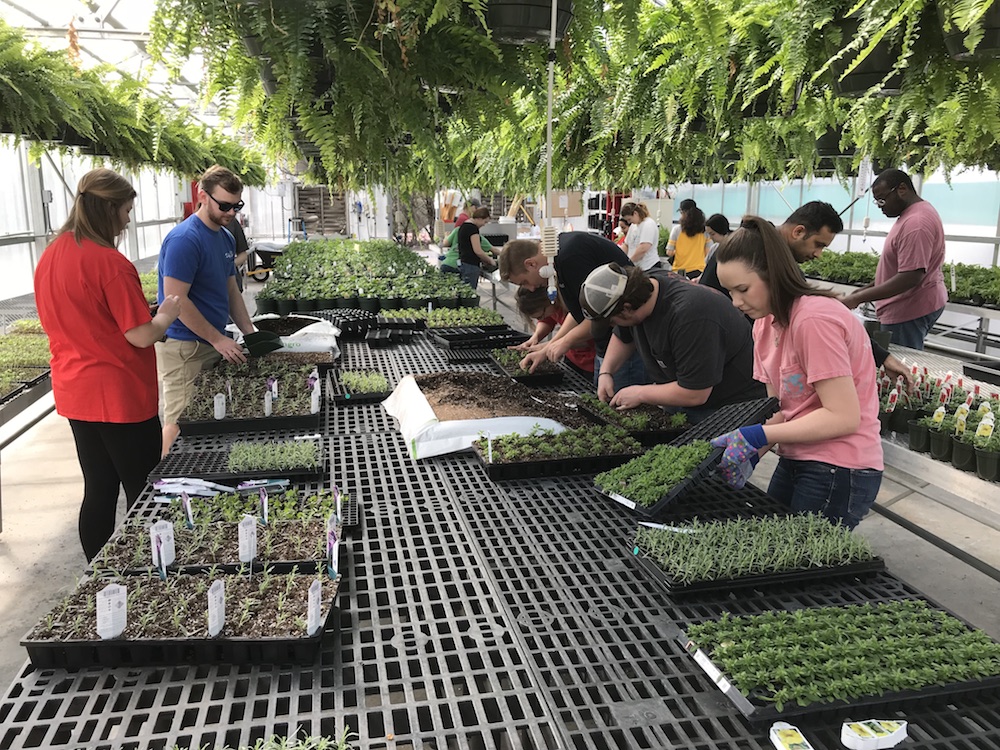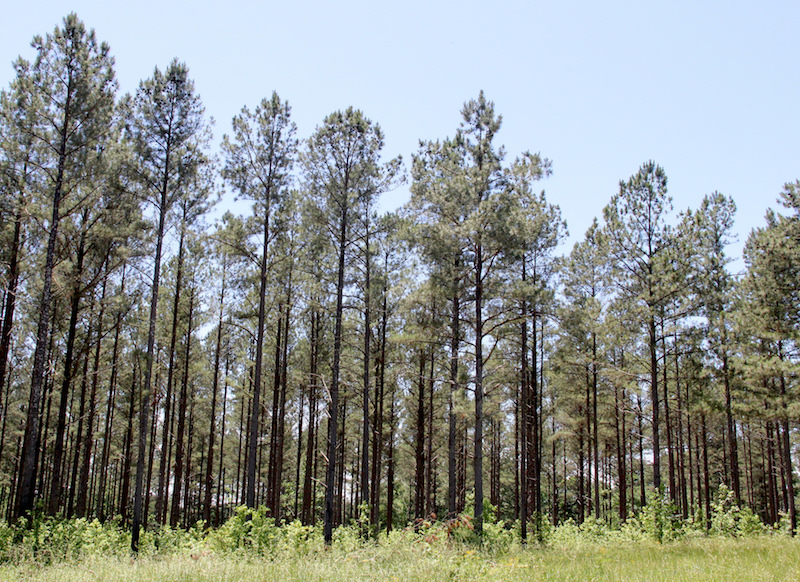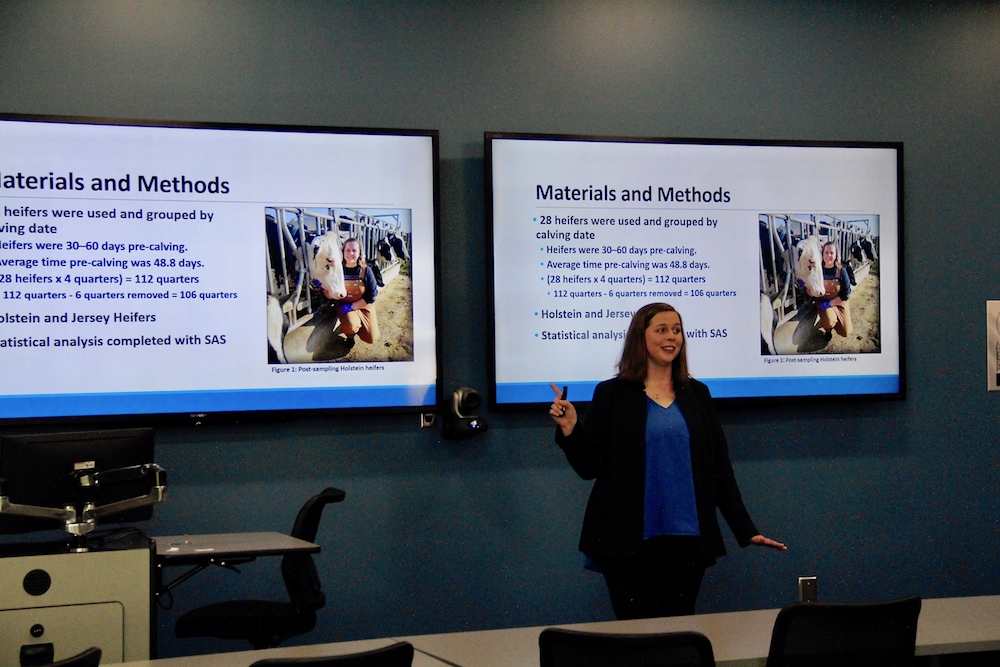 CAES News
CAES News
CAES students highlight research achievements at CAES Undergraduate Research Symposium
Almost 50 University of Georgia College of Agricultural and Environmental Sciences (CAES) undergraduate students showcased their research projects and competed in the seventh annual CAES Undergraduate Research Symposium on April 11.

